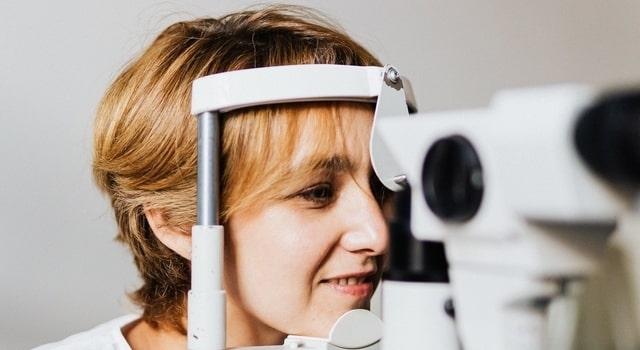
Basic vision screenings, often performed in schools or during routine physicals, can be helpful in identifying certain vision problems. However, they have significant limitations and cannot measure up to comprehensive eye exams. At DuPage Family Eye Care, we believe in the importance of thorough eye exams to ensure your eyes are healthy and your vision is clear. Here’s why basic vision screenings are not enough.
What Vision Screenings Can Detect
Vision screenings are designed to identify obvious vision issues, such as:
- Refractive Errors: These include nearsightedness, farsightedness, and astigmatism, which can often be detected using a simple eye chart.
- Basic Visual Acuity: Vision screenings can measure how well you see at a distance, typically using an eye chart to test each eye separately.
These screenings are useful for identifying children who may need glasses or adults who have noticeable vision changes. However, they are limited in scope and do not provide a comprehensive assessment of eye health.
Limitations of Basic Vision Screenings
While vision screenings can catch some issues, they have several limitations:
- Lack of Depth: Screenings focus primarily on visual acuity and refractive errors, missing many other important aspects of eye health.
- No Assessment of Eye Health: Screenings do not evaluate the overall health of the eyes, including the retina, optic nerve, and eye pressure.
- Missed Early Signs: Many eye conditions do not show symptoms in their early stages and cannot be detected through basic screenings.
- Limited Diagnostic Capability: Screenings cannot diagnose complex vision problems or provide comprehensive evaluations.
What Vision Screenings Cannot Detect
Here are some critical eye conditions that basic vision screenings often miss where comprehensive eye exams are able to identify them:
- Glaucoma: This condition involves increased eye pressure that can damage the optic nerve, leading to vision loss. It often has no early symptoms and requires specialized tests to detect.
- Cataracts: While advanced cataracts can affect vision and may be noticeable in a screening, early-stage cataracts often go undetected.
- Macular Degeneration: This age-related condition affects the central part of the retina and can cause significant vision loss. It requires detailed retinal examinations to diagnose.
- Diabetic Retinopathy: High blood sugar levels can damage the blood vessels in the retina, leading to vision loss. Comprehensive exams with retinal imaging are necessary to detect it.
- Eye Coordination Issues: Problems with how the eyes work together, such as binocular vision issues or strabismus, are often missed in basic screenings.
Importance of Comprehensive Eye Exams
To ensure your eyes are healthy and your vision is clear, regular comprehensive eye exams are essential. Here’s why:
- Thorough Assessments: Comprehensive exams include detailed evaluations of visual acuity, eye coordination, and overall eye health.
- Early Detection of Diseases: Regular exams can detect early signs of serious eye conditions, allowing for timely treatment and better outcomes.
Experience Professional, Personalized Eye Care with 630-790-1300
Schedule an appointment with Dr. James Kelly by calling 630-790-1300 or visiting us at Glen Ellyn. Ensure your eyes receive the comprehensive care they need for long-term health and clear vision.

